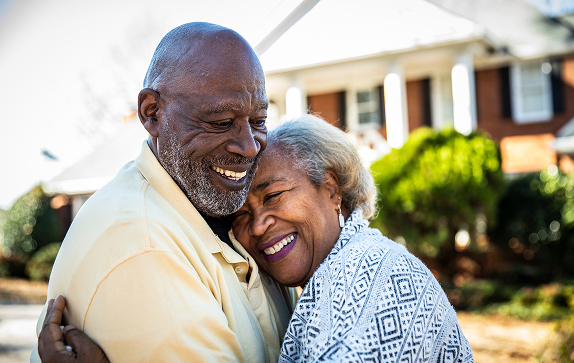We Use Cookies
Cookies help us enhance your experience on our website and enable us to monitor and retain your interactions with it. By continuing, you consent to our use of cookies. For more details, please refer to our Privacy Policy.
Empower Your Retirement with a Reverse Mortgage. Unlock your home's equity without making regular monthly mortgage payments.








Provides funds without monthly payments, improving cash flow in retirement.

Use funds for expenses, travel, or home improvements.
Heirs won’t owe more than the home’s value at repayment.
A reverse mortgage is a unique home loan allowing homeowners to convert part of their home equity into cash, without needing to make monthly mortgage payments. Instead, the loan balance is repaid when the homeowner sells the home or no longer resides there. Reverse mortgages offer a way to access home equity while living comfortably in your home.
Typically, reverse mortgages are available to homeowners who are 62 or older (55 or older in some states), own their home outright or have a low existing mortgage balance, and use the home as their primary residence. An assessment will help determine eligibility and how much equity you can access.
The funds from a reverse mortgage are flexible and can be used in many ways, including supplementing retirement income, paying for healthcare costs, home improvements, or consolidating debt. Homeowners have control over how they utilize these funds to best fit their financial goals.
If you choose to sell your home, the reverse mortgage will be repaid from the sale proceeds. Any remaining equity belongs to you or your heirs. This provides flexibility should your circumstances change or if you decide to downsize.
Reverse mortgages are designed so that the amount owed will not exceed the home's appraised value when it's time to sell or settle the loan. This protects your heirs from owing more than the property is worth, providing financial security for your family.
Powered by 